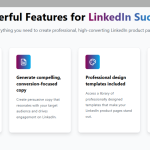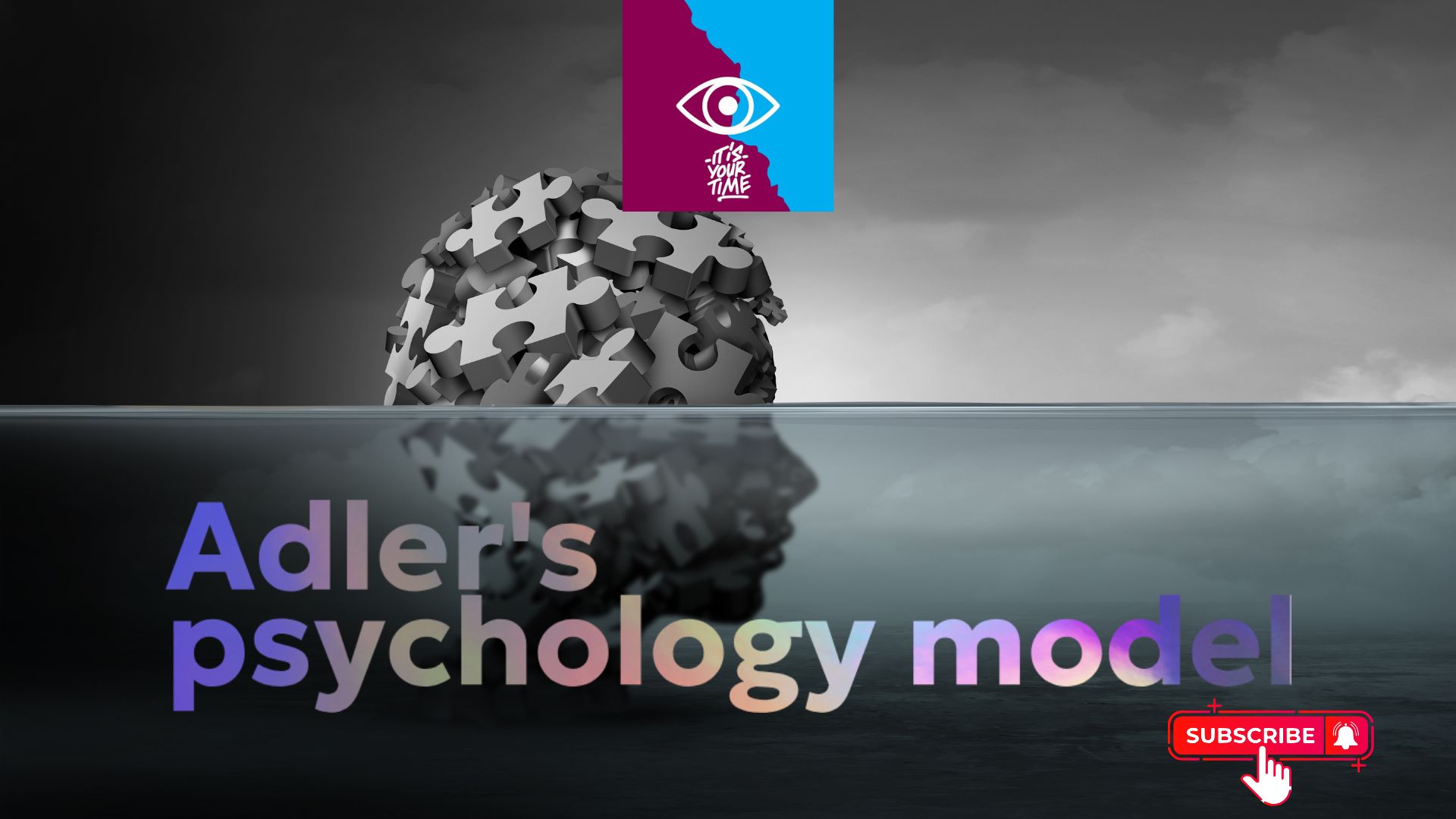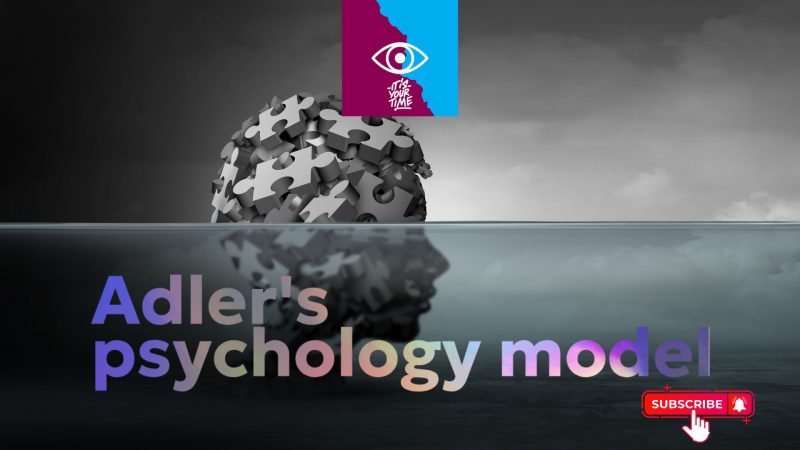
Adler’s Mindset Hack for Entrepreneur Success
Using Alfred Adler’s psychology to support entrepreneur well-being and success.
Alfred Adler’s Individual Psychology provides a powerful lens to understand and support entrepreneurs, especially as they navigate stress, self-doubt, and isolation.
Key concepts like striving for superiority, social interest, and purposeful lifestyle alignment help entrepreneurs build resilience, foster connection, and maintain mental wellness.
Practical tools rooted in Adlerian theory encourage growth through challenges and the development of a healthier self-image.
Actionable Items
Reflect on personal feelings of inferiority and identify healthy motivations for success.
Build a supportive community or peer network to reduce isolation.
Align business goals with personal values and contributions to society.
Practice self-compassion and reframe negative self-talk using Adlerian strategies.
Use fear and failure as learning tools to strengthen resilience.
Organized Notes
Introduction to Alfred Adler
- Alfred Adler was the founder of Individual Psychology, emphasizing the holistic nature of individuals.
- Key principles include:
- Holism: Viewing the person as a whole rather than in parts.
- Social Interest: The drive to connect and contribute to others.
- Striving for Superiority: The inherent desire to improve and overcome inferiority.
- These ideas are increasingly relevant to entrepreneur well-being and mindset.
The Entrepreneurial Journey: Unique Challenges
- Entrepreneurs face high stress, long working hours, and significant uncertainty.
- The risk of failure, pressure to succeed, and comparison to others can be mentally taxing.
- Many experience isolation and loneliness, impacting emotional health.
Adlerian Concept 1: Feelings of Inferiority & Striving for Superiority
- All individuals have natural feelings of inferiority that drive growth and improvement.
- Entrepreneurs often face self-doubt and imposter syndrome.
- It’s important to differentiate between healthy striving (growth-oriented) and unhealthy striving (ego-driven, perfectionistic).
Adlerian Concept 2: Social Interest and Community
- Humans have an innate need for belonging and making a contribution.
- Entrepreneurs benefit from building strong support networks to buffer stress and encourage collaboration.
- Success becomes more meaningful when it involves positive contributions to the broader community.
Adlerian Concept 3: Lifestyle and Goals
- Entrepreneurs should identify their core beliefs and behavior patterns that influence their choices.
- Aligning entrepreneurial goals with personal values leads to more sustainable fulfillment.
- Setting socially beneficial goals fosters both personal and community well-being.
Applying Adlerian Principles for Well-being
- Use practical techniques to challenge negative thinking and reframe self-perceptions.
- Develop self-compassion, accepting imperfections as part of growth.
- Strengthen social connections through intentional engagement and contribution.
Overcoming Obstacles: An Adlerian Approach
- Address the fear of failure by understanding it as a common human experience.
- Use encouragement to build inner resilience rather than relying on external validation.
- Reframe obstacles as growth opportunities that support personal and professional development.
Case Study/Examples
- Examples were shared of entrepreneurs who exemplify Adlerian ideas, especially:
- Resilience through community support
- Purpose-driven leadership
- Overcoming adversity by focusing on contribution over ego
Conclusion: Integrating Adlerian Insights
- Key takeaways: focus on social interest, meaningful striving, and emotional health.
- Entrepreneurial well-being is an ongoing process, not a fixed state.
- Final encouragement: Stay connected, stay reflective, and strive meaningfully.
here is what you can do: A quick assessment.











